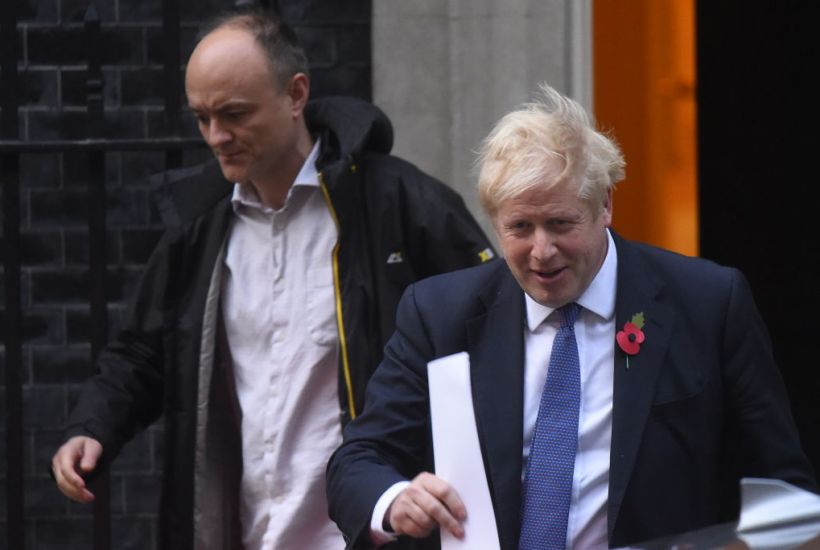There is a paradox at the heart of Boris Johnson’s political project, I say in the magazine this week. He is frank, brutal even, about the failings of government but he is pinning his hopes on government so solve this country’s economic problems. This means that his future is dependent on his ability to make government work better.
The departure of Sir Mark Sedwill as cabinet secretary and national security adviser presages Johnson’s effort to change Whitehall. There will be limits to this revolution: Sedwill’s replacement will be a current or former permanent secretary; the first civil service commissioner Ian Watmore insisted on that. But this bar on bringing in an outsider matters less, because the role of the cabinet secretary is about to change significantly. In the new disposition, the cabinet secretary’s most important role will be as head of the civil service.
The new No. 10 permanent secretary Simon Case, who is highly regarded, will take on an expanded role in this new system. I understand that the domestic policy secretariat will report to him. This team will have embedded in it something akin to Tony Blair’s delivery unit. Its role will be to chase policy across Whitehall, ensuring that there is follow-through on the government’s commitments. At the same time, the national security secretariat will report to David Frost, the Prime Minister’s chief Brexit negotiator, who is the new national security adviser. This set-up will be in place by the autumn.
Cynics say that reforming Whitehall has been attempted before, and that it always fails. There is a reason to think that this time might be different: Covid. The virus has been a test of governments, and systems of government, around the world. No one can look at the UK death toll and conclude that this must be one of the best-governed countries in the world. It is clear that in terms of public administration we lag behind Germany, and far behind the Asian democracies. This realisation means that the forces of reform in Whitehall have been strengthened and the forces of conservatism weakened.
Got something to add? Join the discussion and comment below.
Get 10 issues for just $10
Subscribe to The Spectator Australia today for the next 10 magazine issues, plus full online access, for just $10.





















Comments
Don't miss out
Join the conversation with other Spectator Australia readers. Subscribe to leave a comment.
SUBSCRIBEAlready a subscriber? Log in